DJing has exploded in popularity, but much of the classic vinyl gear remains bulky and restrictive.
Thankfully DJ controllers provide a flexible and cost-effective way to unlock creative mixing capabilities and take your music anywhere.
Let’s dive in to find out exactly how much a quality DJ controller costs at various skill levels.
What is the Cost of a DJ Controller?
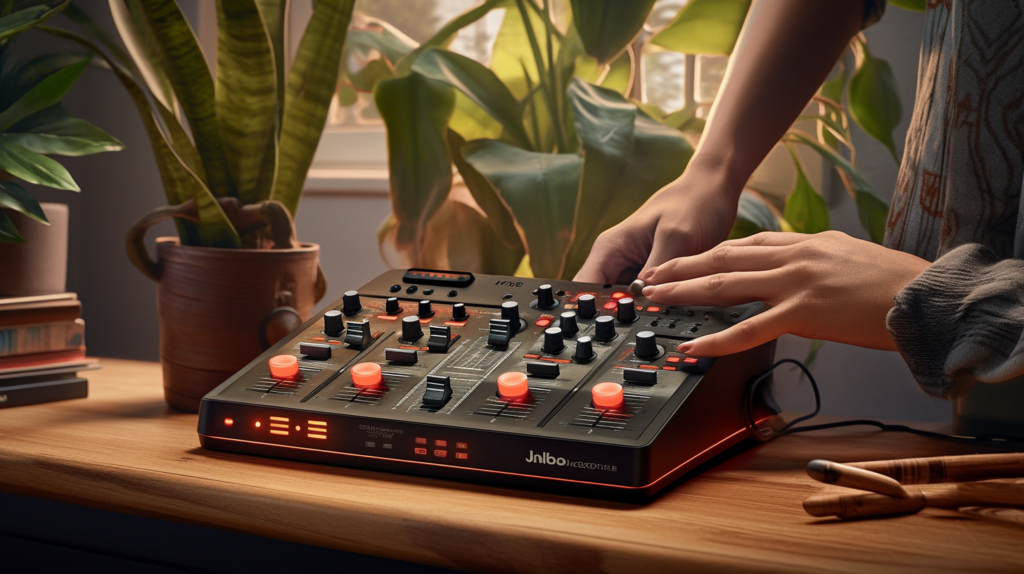
The average cost of a DJ controller is typically between $400-$600. However, entry-level controllers aimed at beginners start around $100. And advanced controllers for working professionals reach $2,000+. We’ll explore the features, pricing and options across the spectrum. But in short, expect an initial investment between $100-$800 for a quality controller suited to your needs. Now let’s look at specifics in more detail.
What is a DJ Controller?
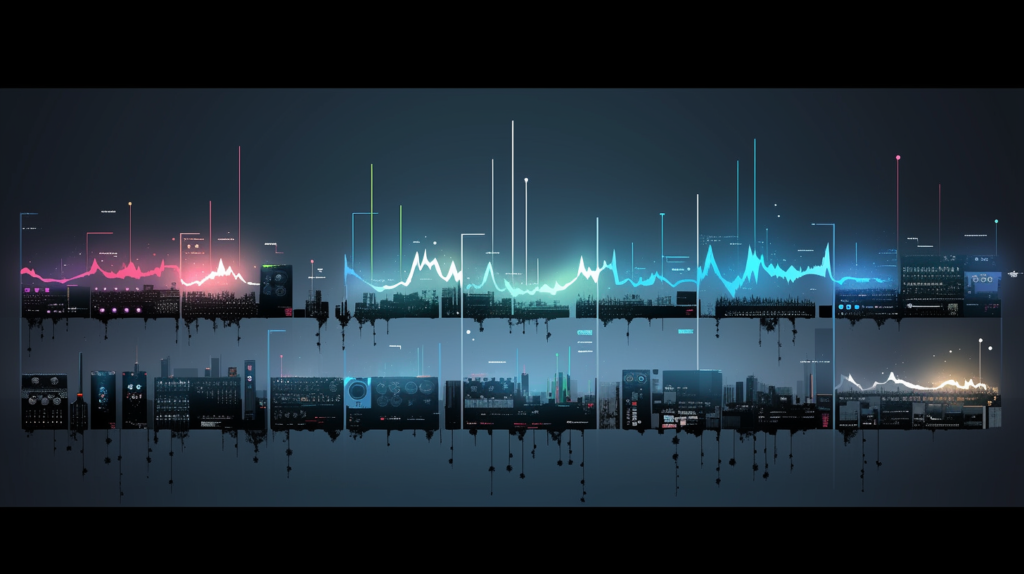
A DJ controller is a device that allows disc jockeys, abbreviated as DJs, to mix music and apply effects without needing to have traditional DJ gear such as turntables and CDJs. In essence, a DJ controller replaces the turntables and CDJs, the classic tools that DJs have used for decades to manually mix tracks. Instead of needing bulky vinyl records or CDs, a DJ controller enables the DJ to control DJ software running on a laptop or other device. This brings many advantages such as quick access to thousands of digital music files and the ability to take your music library and perform anywhere without restrictions.
DJ controllers, which are often about the size of a small keyboard, connect to a computer and allow the DJ to use jog wheels, faders, knobs, buttons, and pads to manipulate the music. Most controllers connect via USB and work with DJ software such as Traktor, Serato DJ, Rekordbox, and Virtual DJ. The DJ controller sends signals to this software indicating what the DJ would like to do – for example, play a track, adjust volume levels, apply an effect, scratch the music, or transition from one track to another. The result is that a DJ can cue tracks, mix music, and shape the overall environment much as they could using old-school setups but in a more portable and flexible way.
Entry-Level Controllers ($100-$300)
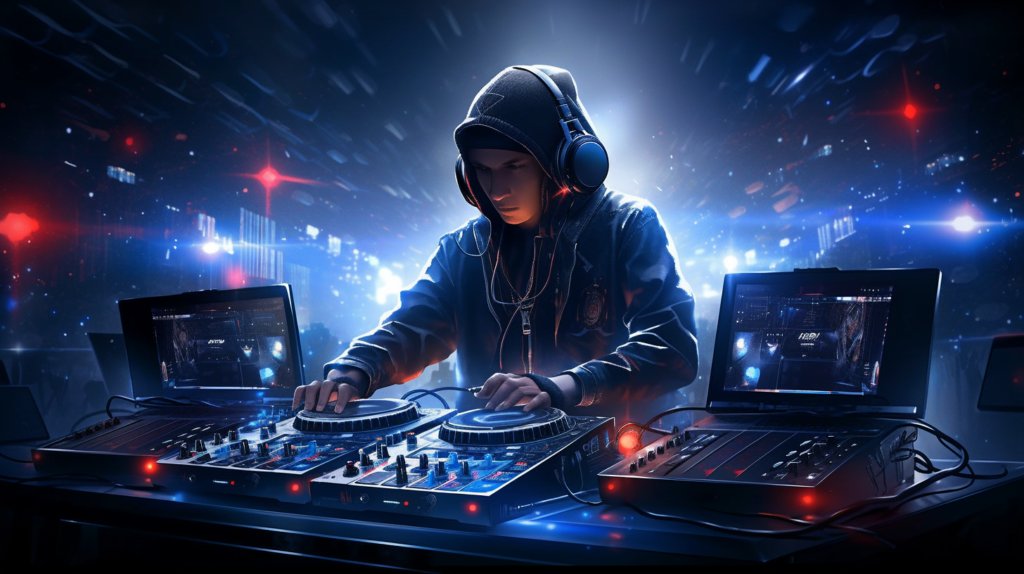
Entry-level DJ controllers represent affordable options intended for those just getting started learning the craft of DJing. Controllers in the $100 to $300 range offer basic mixing and effect controls in stripped-down packages. They serve as good first controllers but may leave more advanced users wanting.
In terms of features, most entry-level DJ controllers have two channels, generally modeled after the concept of a DJ having a left deck and a right deck. This allows you to play one track on each channel, controlling elements like volume levels independently. Basic controllers may only let you control one channel at a time. Most controllers aimed at new DJs include a basic mixer section in the center along with typical controls like cue and play/pause buttons, but options will be limited. You may get basic effects like filter, flanger, echo out but likely just a few options. Construction tends to be mostly plastic, reducing costs but also long-term durability.
Overall, entry-level controllers can be great for total beginners to learn how to mix tracks, beatmatch songs, and perform basic transitions. Brands like Hercules, Numark, Gemini, and Pioneer offer controllers with minimal but useful features at wallet-friendly prices. But serious hobbyists will likely want to upgrade from these controllers fairly quickly.
Mid-Range Controllers ($300-$800)
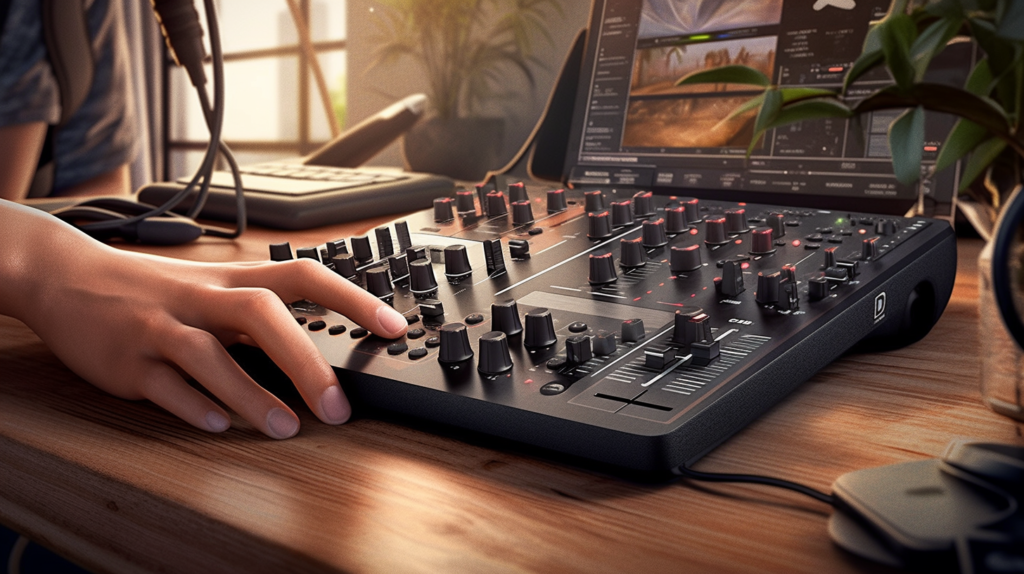
A step up from basic controllers, mid-range DJ controllers in the $300 to $800 range offer more advanced options for mixing tracks and shaping your sets. This makes them well-suited for intermediate DJs as well as beginners looking for a controller with more room to grow.
In terms of features, mid-range controllers typically offer at least four channels to allow more flexible mixing options. You’ll also find higher quality jog wheels made of metal instead of plastic along with additions like touch-sensitive strips for further control. This gives you the ability to manage more decks at once along with better feel and response when performance features like scratching, beat juggling, or more creative transitions. The mixer section and effects suite also sees significant upgrades with most mid-range controllers, giving you access to features like filters, slicers, dedicated effect modules, and multiple effect parameters to tweak.
Build quality also jumps on mid-range controllers with metal replacing many plastic components. Buttons, knobs, and faders feel more durable and responsive. And additional features like multi-color RGB lighting give controllers at this level a nice aesthetic boost. In this price bracket, you’ll find some controllers specifically designed for use with certain DJ software platforms too. Overall, mid-range controllers give intermediate DJs and ambitious beginners the features they need for creative mixing options and developing technical skills. Brands like Pioneer, Numark, Denon DJ, and others offer lots of excellent controllers in this range.
Professional Controllers ($800-$2,000)
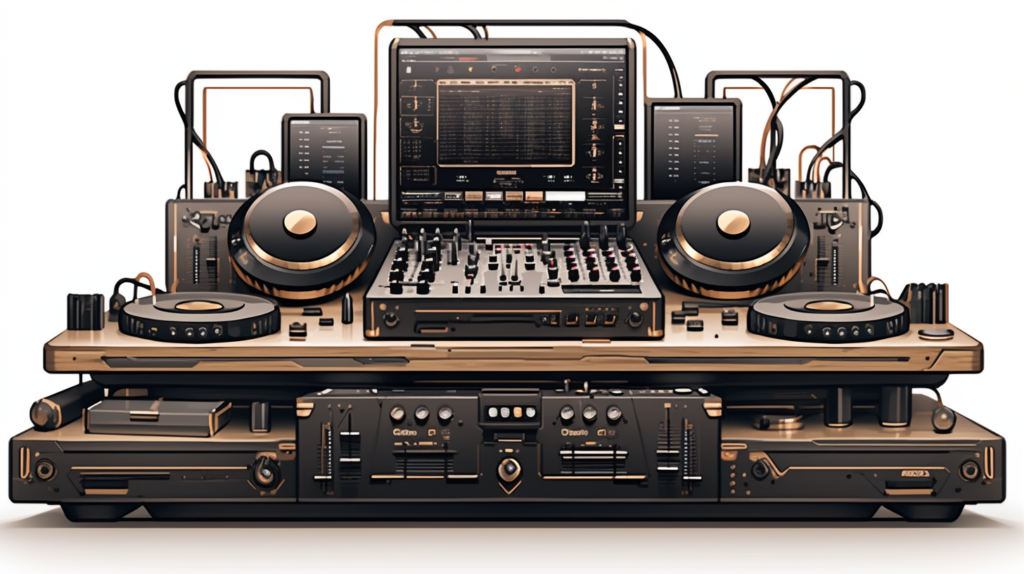
At the high end of premium controllers aimed at professional working DJs we have options ranging from around $800 up to $2,000-plus. These state-of-the-art controllers integrate beautifully with DJ software and gear. They give performers fluid creative control in venues ranging from nightclubs to festival stages.
For features, pro DJ controllers include extras like high-resolution full-color displays that make viewing critical information on the fly easy. Some models have motorized platters that perfectly simulate the feel of real vinyl turntables when scratching and mixing manually. You’ll also see extensive dedicated controls for IR effects, loops, cues, samples, and more – no more hunting through layers of menus mid-performance. Build quality stands out too with metal casings that withstand night after night of transport and active gigs without issue. These controllers do it all and feel great doing it.
Top-of-the-line controllers may also specifically integrate with other hardware from the same brand or partner companies. For instance, some Pioneer controllers include ports to connect to Pioneer club mixers, CDJs, and media players used in venue setups. This allows the DJ to incorporate the controller alongside existing gear. For professional mobile and touring DJs, the ability to integrate the controller with club install gear already on-site makes setup smooth and reliable.
As far as costs, expect to pay $800+ for specialty controllers focused specifically on advanced scratching capabilities. Controllers aimed at video DJing or incorporating drum pads for launching samples also demand higher prices due to special hardware. And brand names like Pioneer and Denon justify premium pricing for pro gear on the strength of their reputation and widespread adoption in professional circles. But if your livelihood depends on DJing, their flagship controllers represent smart investments.
Additional Features and Costs
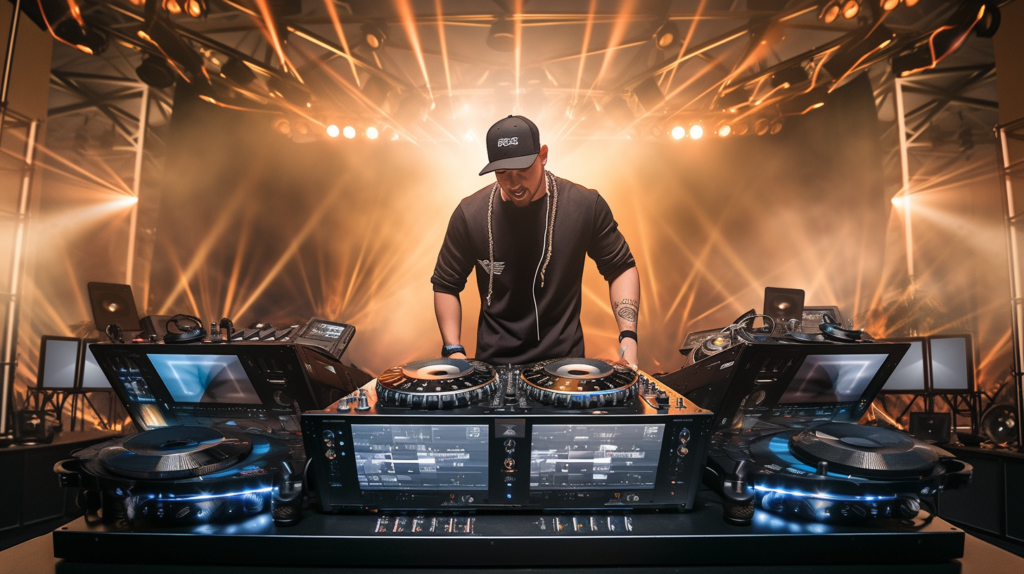
Beyond the core controller itself, a few additional features and costs factor into the total price tag for a full DJ controller setup. One common option on higher-end controllers is an integrated audio interface that allows direct analog and digital connection to speakers, mixers or amplifier setups. Normally an audio interface would be an additional piece of hardware, but building it into the controller simplifies connections. However expect to pay around $100 extra for a controller with audio interfacing abilities.
There are also many specialty DJ controllers tailored to specific mixing styles. For instance, controllers optimized for scratch DJs feature ultra-high resolution jog wheels with torque adjustment to dial in the perfect platter resistance. Controllers aimed at video DJs incorporate crossfaders, buttons and faders for blending visual elements alongside audio tracks. And accessory controllers focused solely on drum pads or mixing vocals require less controls in favor of more specialized hardware. Just like computers, DJ controllers now come in all shapes and sizes to suit particular needs.
And finally brand reputation also factors into DJ controller pricing. Industry leaders like Pioneer DJ and Denon DJ rightfully command higher prices based on outstanding product quality, construction and their ubiquitous presence in professional DJ booths. Controllers from these brands hold up night after night while also offering perfect integration with supplementary hardware and software DJ ecosystems. Newer companies cannot match this goodwill, which lets Pioneer and others preserve higher pricing.
So in the end while intro controllers may start around $100, specialty controllers aimed at working professionals can run over $2,000. Do your homework to ensure you get the features you need for your skill level, mixing preferences and budget.
